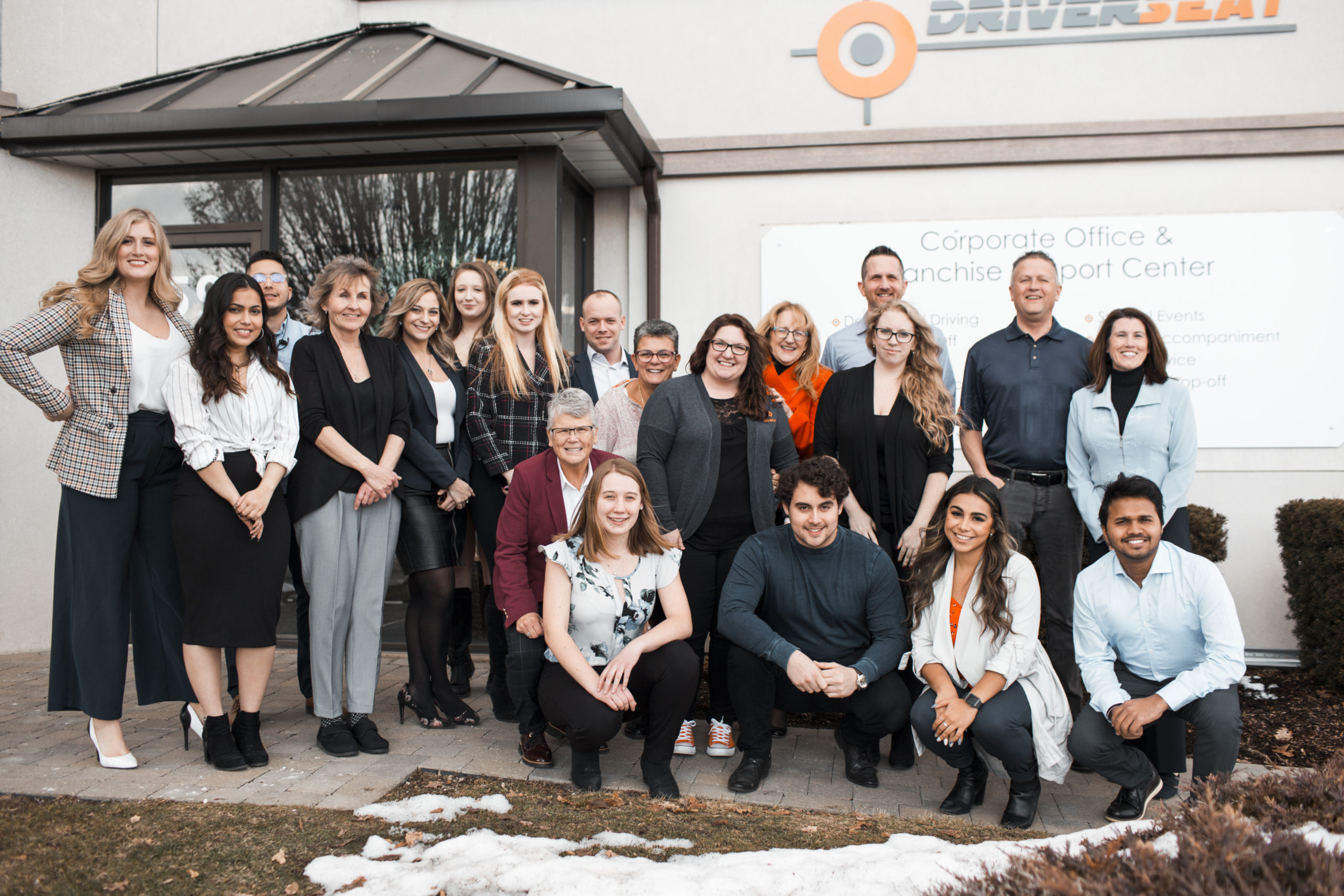Everything is OK… or is it?
Christmas Day 2019 was extraordinarily normal. When I look back at the photos of that day, leading into the New Year, I see family and friends holding hands, hugging, squeezing together for a great photo, and sharing food and drinks.
Since then, there has been a complete upheaval of beliefs, habits, perspectives, priorities and routine. People around the world are quarantined to their homes, non-essential businesses have temporarily closed, stock markets have all but crashed, and for those who are still working, they are adjusting to the new reality. Video chats. The most commonly used terms have become ‘Social Distancing’ and ‘Flatten the Curve’. Most importantly, we are experiencing an unprecedented death toll, for many resulting in the loss of one or several family members. Health care workers are putting their lives on the line, working unsustainable hours, most times in less than acceptable conditions.
All of this transformational shift and complete restructuring of society has happened globally… in the span of a couple of months.
Here are some key perspectives I have gained through this experience.
1. Life is precious. If ever there was an experience or golden opportunity to make you take inventory of your life and how you are spending it, this is it. Be present, be appreciative, be grateful, and be mindful.
2. Life is not what it seems. Our paradigms are being challenged, and filters are being adjusted. How you live your life and how you see the world around you is your perspective, not the rule. This experience has forced most of us to challenge our paradigms and step outside of our perspectives. Under normal circumstances, this takes emotional muscle and an immense amount of will, so leverage the current crisis to catapult you into a new mindset.
3. Life is fragile. Mental health, domestic abuse, child abuse, hunger, substance abuse, poverty, homelessness, physical disability, isolation, etc. are challenges that are amplified in this new world. Our ability to support those living in these conditions is limited by the need for social distancing and quarantine. We have to do whatever we can now, and when we are no longer living under these restrictions, we owe it to these neighbours, friends and family to ensure they have the support they need. We must not wait for catastrophe to recognize and accept our responsibility to care for our most vulnerable.
4. Life is spectacular. You cannot look at social media without seeing amazing people doing amazing things. Music groups are emerging online where people of all ages, skill level, race, creed and political position are sharing their passion for music. Fitness enthusiasts are hosting live workouts online and encouraging anyone to join them. Restaurant owners and chefs are posting cooking videos and sharing recipes. Businesses are pivoting to respond to the needs of the vulnerable, health care workers and other essential businesses. Factories are converting their manufacturing processes to make masks, shields, hand sanitizers, and ventilators. Landlords are waiving rent payments to support their tenants. Governments are sending support and supplies to other countries amidst their own struggles. The level of care, compassion and sharing is a preview to what is possible for our future. What has given us the ability to unite is that we are all directly impacted by the same crisis, and the threat is imminent.
Let us not wait for the next crisis to unite globally. Use this experience to hold perspective for what is possible in the future. We have to accept that this won’t be the last crisis we face, but more importantly, we must choose action over complacency.
Cheers to you all,
Luke Bazely
Co-founder – Driverseat Inc.



